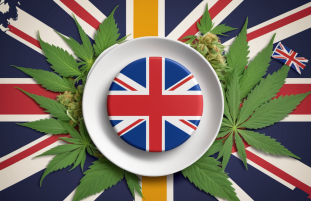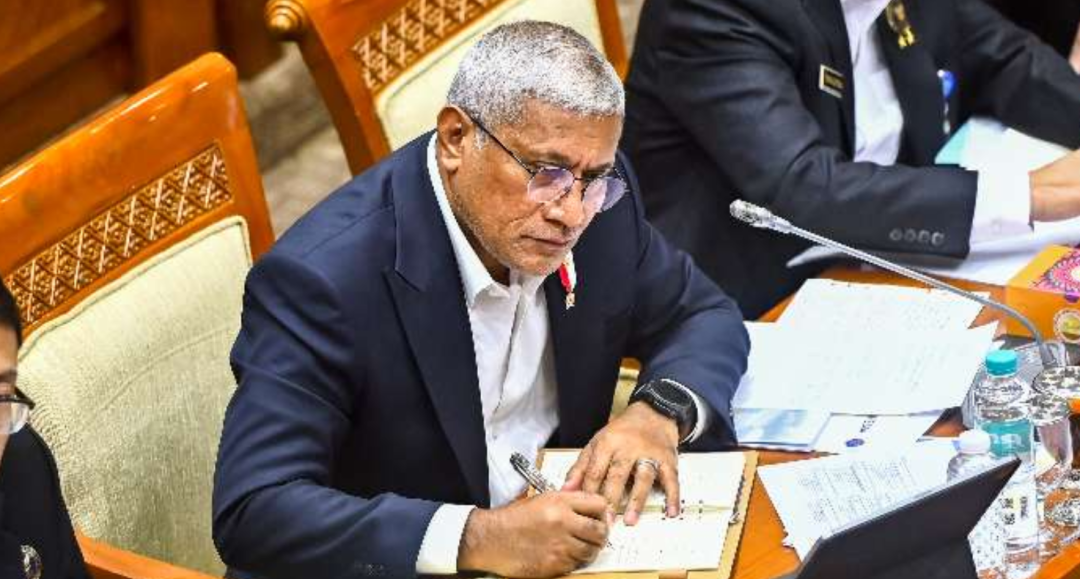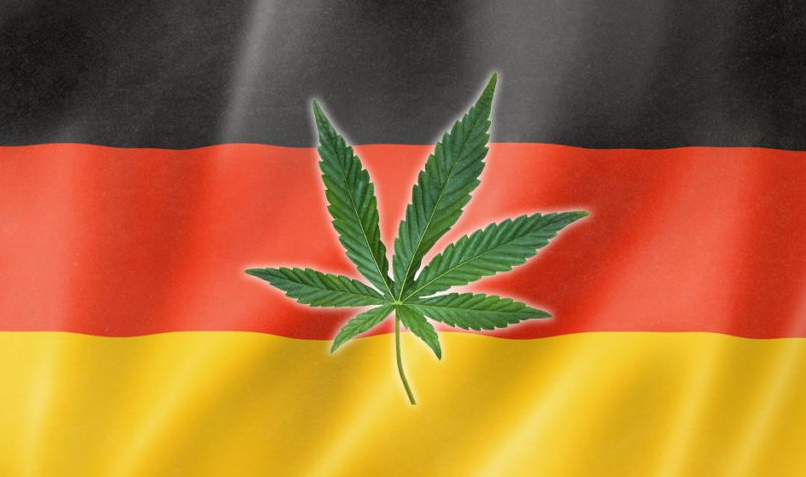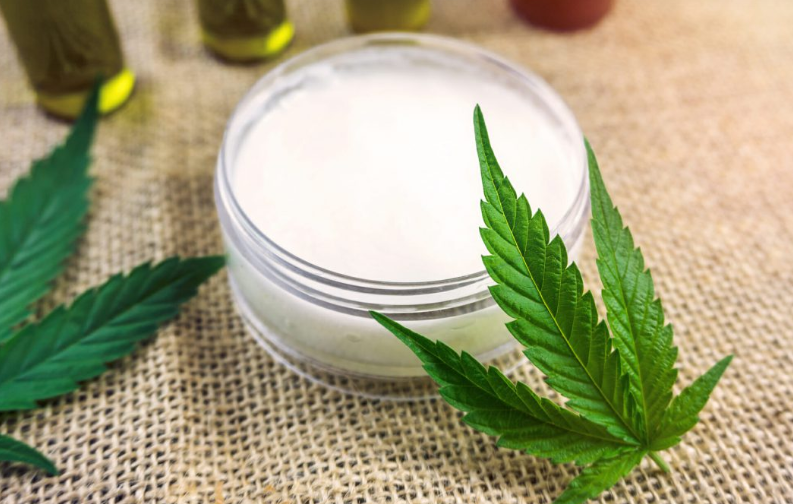Starting this month, all Czech doctors will be able to prescribe medical marijuana for chronic patients. However, monthly reimbursement by health insurance companies is limited.
Starting April 1, 2025, doctors in the Czech Republic will be able to prescribe medical marijuana for patients with chronic pain.
This change comes after patient advocacy groups and healthcare professionals in the Czech Republic strongly pushed for it. Currently, only 8,000 patients have legal access to medical marijuana, but surveys show that more than one million people in the Czech Republic use it for medical reasons, often by growing it at home.
Before, only specialists could prescribe Medical Cannabis in the Czech Republic, which made it hard for patients to get it. Now, a new law in the Czech Republic lets general doctors prescribe medical cannabis for patients with severe, ongoing pain. This makes it much easier for patients to get medical cannabis.

Mr. Sankar, the president of the Association of General Practitioners of the Czech Republic, is happy about this change. He said that if GPs are allowed to prescribe opioids like morphine, they should also be allowed to prescribe medical cannabis.
The Czech government wants to meet the growing demand for medical marijuana while keeping strict controls.
The difference between the law and what actually happens has shown that this change is needed. According to the Czech National Drug Observatory, while only a few Czech patients have legal access to medical marijuana products, many people are growing marijuana at home and using it for medicinal purposes.
This means that patients could face legal problems because it is still against the law to grow your own marijuana or to distribute it to other people, even though it is legal to use it for your own medical needs. "Many patients openly admit that they grow marijuana at home for therapeutic purposes," Mr. Sankar noted.

Changes to get rid of rules that make it hard for people to do things and spend money.
Medical marijuana reform should make things easier for doctors and patients. The new rules say that patients can be prescribed medical marijuana for up to three months at a time. Right now, they can only be prescribed it for one month.
However, there are still financial limits. While Medicare covers up to 90 percent of the cost of up to 30 grams of medical marijuana per month, many patients need larger quantities of the product. For people with diseases like multiple sclerosis, the monthly demand can be as high as 90 grams, which means they have to pay a lot more.
Medical marijuana in the Czech Republic costs around 200 Czech koruna (€8/$61) per gram. For many, the high cost may be too expensive.
The Czech Republic is said to be the most liberal country in Europe when it comes to drugs in general and marijuana in particular. Although using marijuana for fun is still against the law, the Czech Republic has made it legal to use medical marijuana and to have small amounts of cannabis for personal use.
Currently, people can have small amounts of marijuana for personal use without being punished, but larger amounts could result in prison sentences, depending on the type of marijuana.
In the Czech Republic, the THC limit for industrial Hemp is now as high as 1%, as industrial hemp with a THC concentration of up to 1% is not considered to cause addiction. The Czech Republic is one of the few European countries that recognizes industrial hemp with a THC content of 1%. Other EU member states (such as Poland) set the threshold at around 0.3%.
When cannabis plants have higher concentrations of THC, above 1%, they are considered medical marijuana. Medical marijuana is legal in the Czech Republic. However, medical marijuana is limited to personal use by individuals over the age of 18 and for the treatment of certain serious diseases, such as HIV, cancer, Parkinson's disease, and PTSD.











